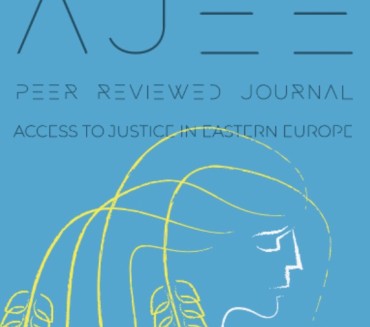Summary: 1. Introduction. – 1.1. Ontological foundations of the emergence of scientific interest. – 1.2. Research methodology and source base. – 2. Security as a Sphere of Public Administration under the Legal Regime of Martial Law. – 3. Peculiarities of the Institutional Structure of Local Administration under the Legal Regime of Martial Law. – 4. Changes in the System of Managing Budget Funds under the Legal Regime of Martial Law. – 5. Application of Certain Restrictions in the Order of Introducing Measures of the Legal Regime of Martial Law. – 6. Conclusions.
Background: The functioning of the state apparatus under the legal regime of martial law causes significant changes in both the organisational and procedural nature of public administration.
Methods: The results of research on the functioning of the state apparatus under the conditions of the legal regime of martial law and practice materials in the form of published statistical and journalistic reports from open sources of information were processed using general scientific and special research methods.
Results and Conclusions: As a result of this research, the following recommendations were formulated in the adaptation of public administration: the need to introduce clear distribution and definition of the competences of military and civil administration bodies, as well as the definition of further control mechanisms when granting an additional scope of powers to military and civil administration bodies under martial law conditions; ‘revisions’ regarding justification for the exercise of such powers; the implementation of restrictive measures of the legal regime of martial law should take place in a clear, legally defined sequence, taking into account the presence of a legitimate goal of their introduction with special attention to the issue of proportionality between the introduced restrictions and the results of their implementation to achieve the same goal; use of alternative means of communication with citizens with transparent (accessible) presentation of information to establish social dialogue and understanding between governing bodies and citizens; institutionalisation of such means of communication.

